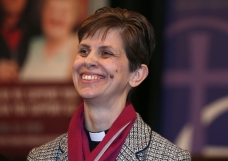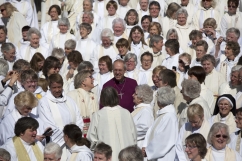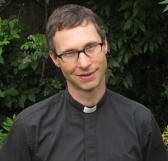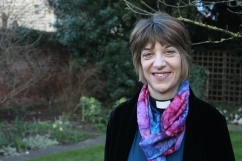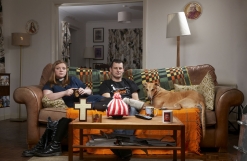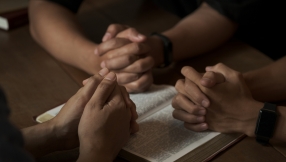Lobby groups and special interest organisations in the Church of England will be barred from complaining about clergy or bishops over the new rules on male and female bishops.
With three women bishops appointed including one diocesan, Ven Rachel Treweek, soon to take up her appointment as Bishop of Gloucester, congregations that oppose women's ordination can on grounds of theological conviction seek oversight from a male bishop.
An independent reviewer, Sir Philip Mawer, has already been appointed to resolve disputes over the process and in a consultation published this week he makes it clear that it is the concerns of individual parishes and not church lobby groups or individuals that will be his main concern.
"In considering a grievance, it is the concerns of the parish as expressed by the PCC, not the concerns of any third party, which will be paramount," he writes. And while parochial church councils are allowed to consult groups for advice, "interested third parties should not seek to interpose their views on those of the PCC," Sir Philip writes.
The aim of the independent review process is "to advance rather than hinder" the mission and unity of the Church of England, the paper says. Any complaint about the appointment or oversight of a male or female bishop must have at its heart "a genuine theological conviction".
It cannot become a way of exorcising ancient grudges over internal politics, personality clashes or other matters, the paper makes clear.
"The grievance procedure is not an opportunity for a parish disaffected with its diocese for other reasons to seek a new means of expressing that disaffection or a different form of episcopal oversight," the paper says. Any complaint must be born of a conviction set clearly "in the context of the history and tradition of the parish." In addition, "general expressions of unease" will not be considered as grievances.
The grievance procedure stems from the five guiding principles set out by the bishops when the legislation to consecrate women was passed by the General Synod. The aim was to ensure that as well as allowing women bishops to flourish, a place should remain secure in the Church for the Anglo-Catholic and conservative evangelical traditions.
The bishops pledged the Church of England would remain "fully and unequivocally committed to all orders of ministry being open equally to all, without reference to gender."
They stated: "Since those within the Church of England who, on grounds of theological conviction, are unable to receive the ministry of women bishops or priests continue to be within the spectrum of teaching and tradition of the Anglican Communion, the Church of England remains committed to enabling them to flourish within its life and structures."
Professor Linda Woodhead, who organised the recent Westminster Faith Debate on women bishops and the difference they will make, said: "The guidance seems clear and helpful, and I'm pleased to be reminded that the reviewer can be of either gender and (I imagine) lay or clerical.
"It's important that the best person is appointed, without prejudice. It is encouraging that the notes are being issued for comment, and in order to build trust. Such openness and transparency in the Church around this and other important areas is always to be welcomed."










